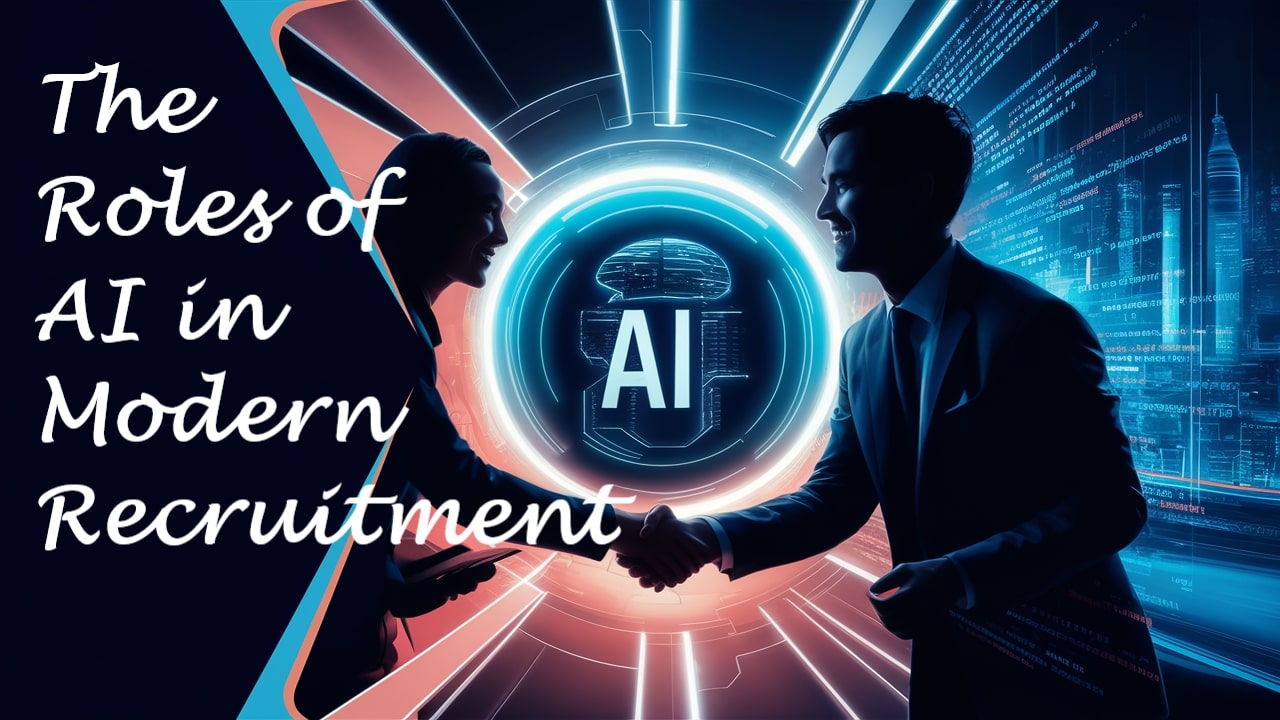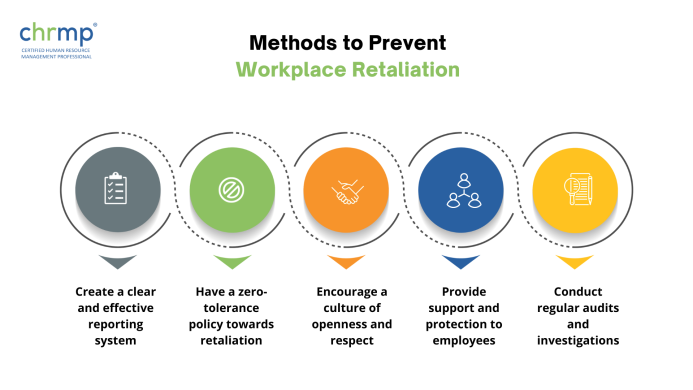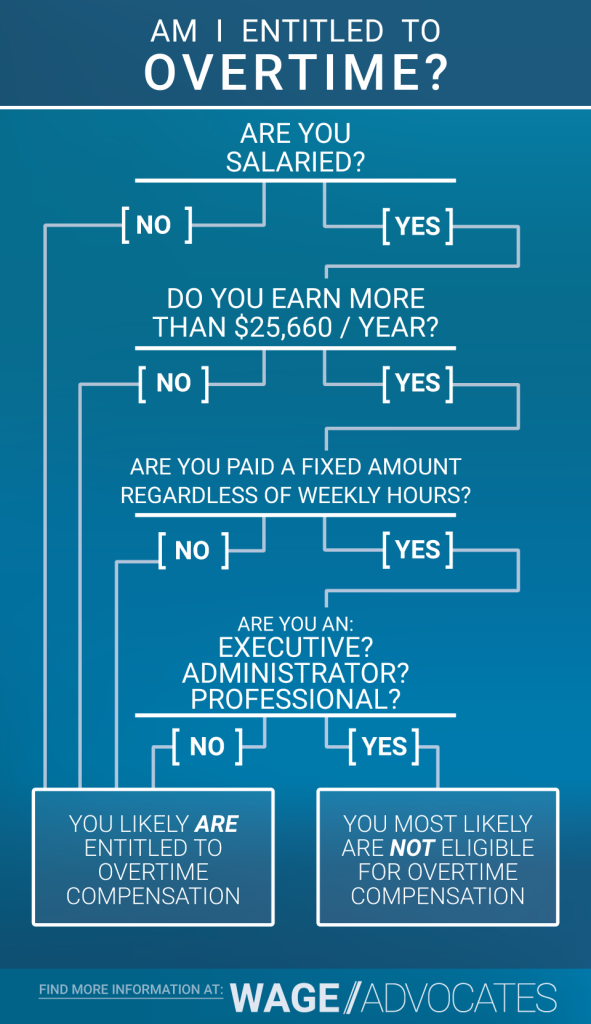
The Role of AI in Modern Recruitment: Revolutionizing How We Find Talent
Remember the days of endless paper resumes, overflowing inboxes, and phone calls that felt like a full-time job in themselves? Recruitment, the vital process of finding and hiring the best people for a job, has historically been a very manual and time-consuming endeavor. But just like many other industries, it’s undergoing a massive transformation, thanks to the power of Artificial Intelligence (AI).
AI, or Artificial Intelligence, is essentially a computer system that can learn, reason, and solve problems much like a human, but at a speed and scale that humans simply can’t match. When applied to recruitment, AI isn’t about replacing people; it’s about making the entire process smarter, faster, fairer, and more efficient.
In this comprehensive guide, we’ll dive deep into how AI is reshaping the world of modern recruitment, making it easier for companies to find their perfect match and for candidates to land their dream job.
Why AI is a Game-Changer for Recruitment
Before we explore the "how," let’s understand the "why." What problems was traditional recruitment facing that AI is now helping to solve?
- Overwhelming Volume: A single job posting can attract hundreds, even thousands, of applications. Manually sifting through all of them is a monumental task.
- Time-Consuming Tasks: Scheduling interviews, answering repetitive questions, formatting data – these administrative duties eat up valuable recruiter time.
- Unconscious Bias: Humans, often unintentionally, can let personal biases (like where someone went to school, their name, or their gender) influence hiring decisions.
- Missed Talent: Great candidates might be overlooked simply because their resume didn’t perfectly match a keyword search, or they weren’t found through traditional channels.
- High Cost & Slow Pace: The longer it takes to fill a position, the more it costs the company in lost productivity and resources.
AI steps in as a powerful ally, promising to automate the mundane, enhance accuracy, reduce bias, and ultimately connect companies with the right talent more effectively than ever before.
Key Ways AI is Being Used in Recruitment Today
AI isn’t just one big tool; it’s a collection of smart technologies that can be applied at various stages of the recruitment pipeline. Let’s break down some of its most impactful applications:
1. AI-Powered Sourcing and Candidate Matching
- What it is: Imagine an AI system that can scour the internet – professional networks, social media, online portfolios, and internal talent databases – to find potential candidates who perfectly match your job description. It goes beyond simple keyword searches.
- How it works: These AI tools analyze vast amounts of data, looking for patterns, skills, experience, and even cultural fit indicators. They can understand context, synonyms, and related skills that a human might miss. For instance, if you’re looking for a "JavaScript Developer," the AI might also identify candidates with "React.js" or "Node.js" experience as highly relevant.
- Benefits:
- Wider Talent Pool: Helps recruiters discover passive candidates (those not actively looking for a job) who might be a perfect fit.
- Better Matches: Identifies candidates who are not just "qualified" but potentially an excellent fit for the role and company culture.
- Time Savings: Automates the initial, time-consuming search process, presenting recruiters with a curated list of top prospects.
2. Automated Resume Screening and Parsing
- What it is: Once applications start rolling in, AI takes over the initial screening process. Instead of a human reading every single resume, an AI system (often integrated into an Applicant Tracking System, or ATS) does the heavy lifting.
- How it works: AI can "read" and understand resumes, extracting key information like work history, education, skills, and certifications. It then scores or ranks candidates based on how well their qualifications align with the job requirements. It can quickly filter out unqualified applicants and highlight the most promising ones.
- Benefits:
- Unbiased Initial Review: Focuses purely on qualifications, reducing the chance of human bias creeping into the early stages.
- Speed and Efficiency: Screens hundreds of resumes in minutes, dramatically accelerating the initial review process.
- Consistency: Applies the same objective criteria to every application.
3. AI Chatbots for Candidate Engagement and FAQs
- What it is: Ever applied for a job and had a chatbot pop up on the career page or in your email? That’s AI at work! These intelligent bots are designed to interact with candidates 24/7.
- How it works: Chatbots can answer frequently asked questions about the company, the role, benefits, or the application process. They can also guide candidates through applying, provide status updates on their application, and even schedule interviews.
- Benefits:
- Improved Candidate Experience: Candidates get instant answers and feel more supported, even outside of business hours.
- Reduced Recruiter Workload: Frees up recruiters from answering repetitive questions, allowing them to focus on more strategic tasks.
- Always On: Provides support and information around the clock, enhancing the employer brand.
4. Video Interview Analysis
- What it is: Some AI tools can analyze video interviews, particularly pre-recorded ones.
- How it works: These systems might analyze spoken keywords, tone of voice, or even facial expressions (though this latter aspect is often controversial and less about judging personality, more about identifying engagement or confidence). The primary goal is often to help identify candidates who articulate relevant skills or experiences effectively. For beginners, it’s best to think of this as AI helping to identify if a candidate mentioned specific keywords related to skills or requirements, rather than judging personality.
- Benefits:
- Consistency in Evaluation: Ensures all candidates are assessed against similar parameters.
- Quick Insights: Helps recruiters quickly grasp key information from interviews without watching every minute of every video.
- Focus on Skills: Can be programmed to prioritize the presence of key skills and experiences mentioned by the candidate.
5. Predictive Analytics for Retention and Success
- What it is: AI isn’t just for finding candidates; it can also help predict how successful they might be in a role and how likely they are to stay with the company.
- How it works: By analyzing data from past successful hires (e.g., their skills, career paths, performance metrics, and even how long they stayed), AI can create models to predict the likelihood of future candidates succeeding and staying long-term.
- Benefits:
- Reduced Turnover: Helps companies hire candidates who are more likely to be a good long-term fit, saving money on re-recruiting and training.
- Improved Performance: Identifies candidates with traits common among top performers in similar roles.
- Strategic Workforce Planning: Provides insights into what makes employees successful, informing future hiring strategies.
6. Enhancing Diversity and Reducing Bias (Potentially)
- What it is: One of AI’s most promising, yet challenging, roles is to help create a more diverse and inclusive workforce by minimizing human bias.
- How it works: AI can be programmed to ignore protected characteristics (like age, gender, race) and focus solely on skills, experience, and qualifications. Some tools can even flag potentially biased language in job descriptions or interview questions.
- Benefits:
- Fairer Process: Aims to provide an objective assessment of candidates, leading to a more equitable hiring process.
- Increased Diversity: By focusing on merit, AI can help companies discover talent from underrepresented groups, leading to a richer, more innovative workforce.
- Compliance: Helps companies adhere to anti-discrimination laws.
The Benefits for Everyone Involved
AI in recruitment isn’t just good for businesses; it offers significant advantages for recruiters and candidates too.
For Recruiters & HR Professionals:
- Time Savings: Automates repetitive tasks, freeing up time for strategic activities like candidate engagement, relationship building, and strategic planning.
- Better Quality Hires: Helps identify top talent more effectively, leading to improved team performance and reduced turnover.
- Data-Driven Decisions: Provides valuable insights and analytics to make more informed hiring choices.
- Reduced Burnout: Less time spent on administrative tasks means more focus on meaningful work.
- Enhanced Employer Brand: A faster, more efficient, and positive candidate experience reflects well on the company.
For Candidates:
- Faster Responses: No more waiting weeks or months to hear back; AI can speed up communication.
- Fairer Initial Assessment: AI can help ensure that initial screening is based purely on qualifications, not unconscious biases.
- Easier Application Process: Chatbots and streamlined systems can make applying less confusing and frustrating.
- Clearer Expectations: AI can provide more consistent and accurate information about roles and processes.
For Businesses:
- Reduced Cost-Per-Hire: Efficiency gains lead to lower recruitment costs.
- Faster Time-to-Hire: Critical roles can be filled more quickly, minimizing productivity gaps.
- Improved Talent Quality: Access to a wider, more precisely matched talent pool.
- Enhanced Employer Brand: A modern, efficient hiring process attracts top talent and improves the company’s reputation.
- Increased Diversity & Inclusion: Potential for a more varied and innovative workforce.
Important Considerations and the Human Touch
While AI offers incredible potential, it’s not a magic bullet. There are crucial considerations to keep in mind:
1. Data Privacy and Security
AI systems rely heavily on data. Companies must ensure that candidate data is collected, stored, and used ethically and in compliance with privacy regulations like GDPR (General Data Protection Regulation) or CCPA (California Consumer Privacy Act). Transparency with candidates about how their data is used is key.
2. The Risk of Algorithmic Bias
While AI can reduce human bias, it can also introduce or amplify bias if not carefully managed. AI learns from the data it’s fed. If the historical hiring data is biased (e.g., if a company historically only hired men for a certain role), the AI might learn that bias and inadvertently perpetuate it.
- Solution: Continuous monitoring, auditing, and "de-biasing" of AI algorithms and the data they learn from are essential to ensure fairness. Human oversight is critical.
3. Maintaining the Human Touch
AI excels at automation and data processing, but it cannot replicate genuine human connection, empathy, intuition, and complex problem-solving.
- The Recruiter’s Evolving Role: Instead of being glorified resume screeners, recruiters can now focus on:
- Building Relationships: Nurturing connections with candidates and hiring managers.
- Strategic Consulting: Advising on talent strategy, market insights, and workforce planning.
- Cultural Assessment: Truly understanding a candidate’s fit beyond just skills.
- Negotiation & Closing: The delicate art of bringing a new hire onboard.
- Problem Solving: Handling unique challenges and exceptions that AI can’t.
4. Continuous Learning and Adaptation
The field of AI is rapidly evolving. Companies and recruiters need to stay updated on the latest tools and best practices. Integrating AI isn’t a one-time setup; it requires ongoing calibration and adjustment.
The Future: Human-AI Collaboration
The ultimate role of AI in modern recruitment isn’t to replace human recruiters, but to empower them. It’s about creating a powerful partnership where:
- AI handles the routine, data-heavy, and time-consuming tasks.
- Humans focus on the strategic, empathetic, and relationship-driven aspects.
This collaboration allows recruiters to be more effective, strategic, and ultimately, more human in their interactions. It transforms recruitment from a reactive, administrative function into a proactive, data-driven, and highly strategic arm of the business.
As AI continues to advance, we can expect even more sophisticated tools that offer deeper insights, more personalized candidate experiences, and even greater efficiency. The future of recruitment is exciting, innovative, and undeniably intelligent. It’s about working smarter, not just harder, to build the best teams for tomorrow.




Post Comment